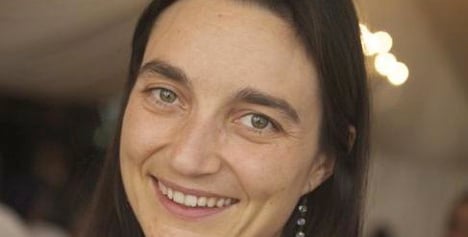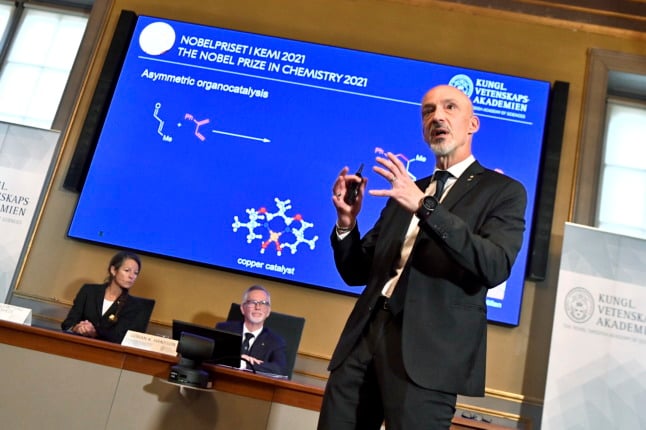"Dear Prime Minister Mariano Rajoy," begins Moro Martín's letter to the current Spanish Minister as she gears up for a cutting analysis of the current state of affairs of scientific research and development in Spain.
"I wanted to return a few documents I will no longer need."
Moro Martín is preparing to embark on her second professional venture in the US: the first kept her away from Spanish shores for over a decade.
She holds a PhD from Arizona University and worked at Princeton University before being lured back to Spain by the Ramon y Cajal five-year fellowship programme — a scheme which promises researchers generous funding and a tenured position.
"I have highlighted in yellow for you the paragraph that details the explicit commitment to open up a tenured position," Moro Martín tells Rajoy.
"It was this paragraph that prompted me to return after more than a decade in the US."
But the promised position appears to have evaporated now.
Moro Martín adds she will be sending off the documents she received from Rajoy's Popular Party inside a plastic bag as "they are written in soft chalk".
This is not the first time the Madrid-based astrophysicist has put pen to paper in a language not her own to clinically voice her discontent with the PP’s stance on R+D.
"Spain no longer has a ministry of science," Moro Martín wrote in the international science journal Nature in early 2012.
"In the last days of 2011, (Spain's) new government transferred national science policy to the Ministry of Economy and Competitiveness, a duty for which this ministry seems most unsuited," she wrote in the prestigious journal.
"Science was an unwelcome addition that absorbed more than half of the €1,083-million (US$1,438-million) budget cut imposed on the ministry.
This sends an alarming signal of the sacrifices that science may face when the government releases its budget for 2012 next month."
Martín’s predictions came true as spending at research centres and science faculties dropped to the point where they could no longer afford basic lab gear like gloves and goggles.
Thousands of Spanish scientists have reacted by taking to the streets to protest against what they consider the worst possible move for Spain to raise its head out of the crisis.
In the face of all this widespread condemnation, Finance minister Luis de Guindos has refused to acknowledge that the Spanish government has turned its back on the country’s brightest brains.
But Moro Martín, like every other scientist in Spain, begs to differ.
"Excuse me? You don't know to which problem I am referring?" Moro Martín tells Rajoy in her open letter.
"(I mean) the all-too-real Spanish brain drain, which your government consistently dismisses as just a cliché. I suggest a new euphemism to add to your government's already imaginative repertoire: restless labour."
At a time when Spanish universities and research centres are only allowed to replace one in ten empty positions and when the country’s official science centres (CSIC) have laid off ten percent of their staff in less than two years, Moro Martín's willingness to return to the US seems all too understandable.
"Please let the Spanish Foundation for Science and Technology know that the science I do will no longer be Spanish, nor thanks to Spain; rather I will keep doing science in spite of Spain."
"(Their) goal was to promote the brand of Spain with a programme called 'Spanish Science Abroad', so please tell them not to send the same letter to me at my new job at Nasa."



 Please whitelist us to continue reading.
Please whitelist us to continue reading.
Member comments